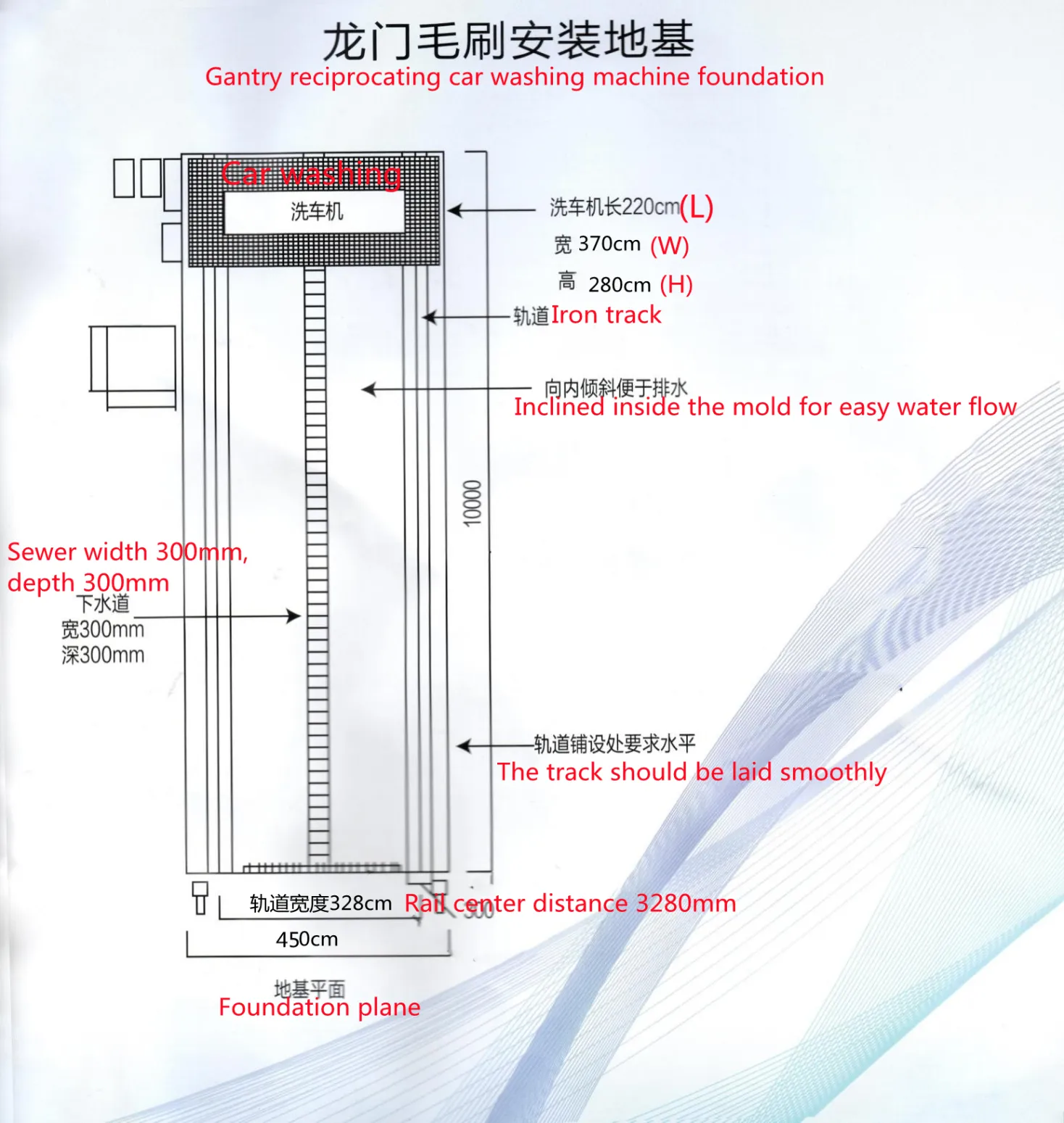
- Afrikaans
- Albanian
- Amharic
- Arabic
- Armenian
- Azerbaijani
- Basque
- Belarusian
- Bengali
- Bosnian
- Bulgarian
- Catalan
- Cebuano
- Corsican
- Croatian
- Czech
- Danish
- Dutch
- English
- Esperanto
- Estonian
- Finnish
- French
- Frisian
- Galician
- Georgian
- German
- Greek
- Gujarati
- Haitian Creole
- hausa
- hawaiian
- Hebrew
- Hindi
- Miao
- Hungarian
- Icelandic
- igbo
- Indonesian
- irish
- Italian
- Japanese
- Javanese
- Kannada
- kazakh
- Khmer
- Rwandese
- Korean
- Kurdish
- Kyrgyz
- Lao
- Latin
- Latvian
- Lithuanian
- Luxembourgish
- Macedonian
- Malgashi
- Malay
- Malayalam
- Maltese
- Maori
- Marathi
- Mongolian
- Myanmar
- Nepali
- Norwegian
- Norwegian
- Occitan
- Pashto
- Persian
- Polish
- Portuguese
- Punjabi
- Romanian
- Russian
- Samoan
- Scottish Gaelic
- Serbian
- Sesotho
- Shona
- Sindhi
- Sinhala
- Slovak
- Slovenian
- Somali
- Spanish
- Sundanese
- Swahili
- Swedish
- Tagalog
- Tajik
- Tamil
- Tatar
- Telugu
- Thai
- Turkish
- Turkmen
- Ukrainian
- Urdu
- Uighur
- Uzbek
- Vietnamese
- Welsh
- Bantu
- Yiddish
- Yoruba
equipment wash station
The Importance of Equipment Wash Stations in Modern Industries
In today’s rapidly evolving industrial landscape, where efficiency and cleanliness are paramount, the significance of equipment wash stations cannot be overstated. These specialized facilities play a crucial role in maintaining hygiene standards, ensuring the longevity of machinery, and supporting environmental sustainability. This article delves into the importance of equipment wash stations, their applications, and best practices for their effective implementation.
1. Maintaining Equipment Hygiene
The primary function of equipment wash stations is to ensure that industrial tools and machinery are kept clean and free from contaminants. In sectors like food processing, pharmaceuticals, and manufacturing, hygiene is not merely a regulatory requirement but a critical factor in product quality and safety. Dirty equipment can harbor harmful bacteria, oils, and chemicals that may compromise production processes, leading to contamination and health hazards.
By implementing effective wash stations, companies can systematically remove residues that accumulate during operations. This is not only essential for meeting health and safety regulations but also for preventing equipment failure caused by corrosive substances and dirt build-up. Regular cleaning helps in maintaining the operational efficiency of machines, ultimately resulting in reduced downtime and increased productivity.
2. Enhancing Equipment Longevity
Investing in wash stations is synonymous with investing in the lifespan of equipment. Regular maintenance, including thorough cleaning, is a key factor in extending the life of machinery. Dirt, grease, and other contaminants can lead to wear and tear, increasing the frequency of repairs and replacements.
For heavy machinery, such as construction equipment and agricultural tools, wash stations can significantly reduce the risk of malfunction due to neglect. By adapting a routine cleaning schedule at wash stations, businesses can preemptively address potential issues before they escalate into costly repairs. This proactive approach not only saves money but also ensures that equipment operates at peak performance.
3. Supporting Environmental Sustainability
The implementation of effective wash stations also plays a significant role in promoting environmental sustainability. Traditional cleaning methods often involve the use of large quantities of water and harsh chemicals that can be hazardous to the environment. Modern wash stations, especially those equipped with recycling systems, can minimize water usage and utilize eco-friendly cleaning agents that do not contribute to environmental degradation.
equipment wash station

Moreover, wash stations can be designed to capture and treat wastewater, preventing contamination of local water sources. By employing best practices in design and operation, industries can significantly reduce their ecological footprint, respond to increasing regulatory pressures for sustainability, and enhance their corporate responsibility profiles.
4. Best Practices for Implementation
To create an effective and efficient equipment wash station, several best practices should be followed
- Design The layout should facilitate easy access for various types of equipment and ensure that workers can execute cleaning tasks safely and efficiently. Incorporating ergonomic designs can minimize physical strain on operators.
- Technology Integration Utilize advanced technologies like automated wash systems, pressure washers, and water recycling systems to enhance cleaning efficiency and reduce resource usage.
- Training Proper training for staff is essential. Employees need to be well-versed in operating washing equipment and handling cleaning agents safely. This knowledge guarantees the effectiveness of cleaning practices and supports a culture of safety and compliance.
- Regular Audits Conduct regular audits to ensure that wash stations remain compliant with industrial standards and continue to meet operational needs. This includes checking equipment functionality, cleanliness, and adherence to safety protocols.
Conclusion
In conclusion, equipment wash stations are instrumental in maintaining hygiene, extending equipment life, and promoting environmental sustainability in various industries. By prioritizing cleanliness and implementing best practices, businesses can enhance productivity, ensure product safety, and contribute positively to the environment. As industries continue to evolve, the significance of equipment wash stations will only become more pronounced, reinforcing the need for a comprehensive approach to industrial hygiene.
-
Integrating Aqua Tunnel Car Wash in Shopping CentersNewsJun.24,2025
-
Gas Station with an Auto Car Wash MachineNewsJun.24,2025
-
Efficiency in Your Aqua Tunnel Car Wash: Power & Water-SavingNewsJun.24,2025
-
Car Wash Business with Advanced Auto Car Cleaning MachinesNewsJun.24,2025
-
Balancing Setup Costs with Aqua Tunnel Car WashNewsJun.24,2025
-
Aqua Tunnel Car Wash: Eco-Design for the Energy-Savvy EntrepreneurNewsJun.24,2025



